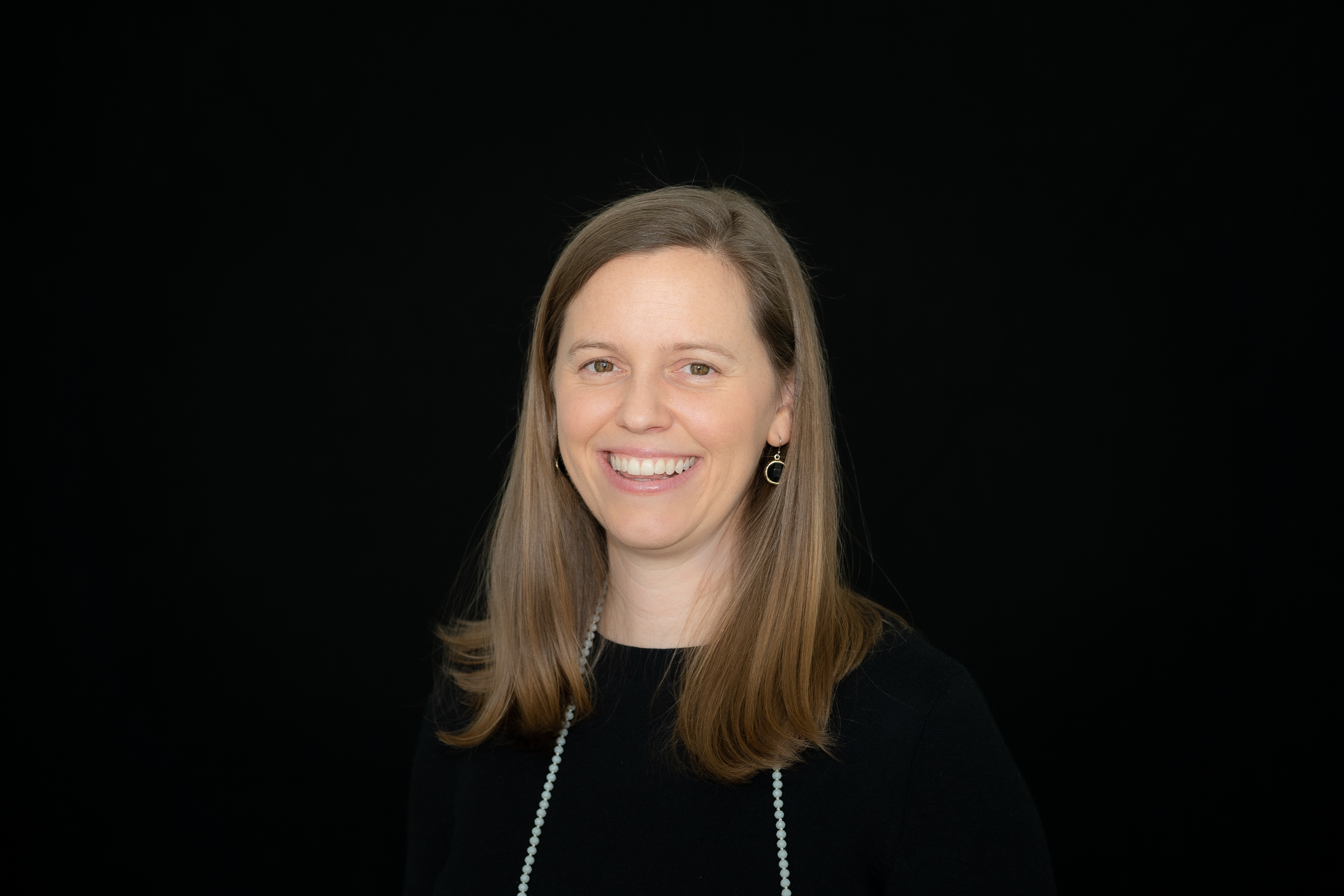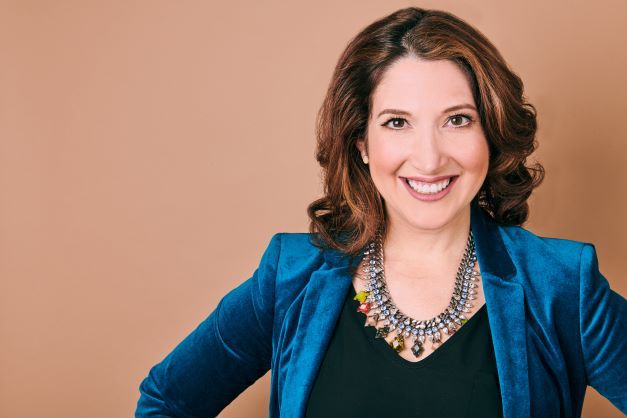Randi Zuckerberg on Harnessing the Entrepreneurial Spirit
By Amy Jacques
November-December 2021
Entrepreneur, author and Emmy-nominated tech media personality Randi Zuckerberg is trying to focus on seeing some of the good that’s come out of this devastating global pandemic.
“I’m delighted that technology can help keep us connected,” she said during her keynote presentation on Oct. 7. “And I see an opportunity to be more creative. I want to recognize how difficult this year has been for so many of us — and it’s ongoing — while at the same time being so excited about what the world that lies in front of us can give us if we adopt that entrepreneurial way of thinking about our careers and our companies.”
While she’s known for her entrepreneurship today, Zuckerberg dreamed of being a Broadway singer growing up. But after graduating from Harvard, she took a job at Ogilvy, and was staffed to a new type of team they started: digital marketing.
“I thought it was a dead-end job, but it turned out to be the fastest-growing team within two years and was very exciting to be a part of,” she said during the session hosted by PRSA Chair Michelle Olson, APR.
The founder and CEO of Zuckerberg Media talked about receiving a call from her brother, Mark, to help with digital marketing for his new venture, which was called The Facebook at the time.
“There was something so special and exciting about being in that startup culture,” she said, noting that a one-week trip to California turned into a 10-year stay as the 12-person company that grew to employ tens of thousands of employees globally.
Putting your ideas out there
When first setting out to California, Zuckerberg didn’t think of herself as an entrepreneur.
“I thought I was a marketer. I was someone behind the scenes. But if I could go back and tell young Randi one thing, I would go back and tell her: ‘No matter what your job is, no matter what company or what role, every one of us is an entrepreneur. Every one of us is sitting on that 2-billion-person idea, as long as you can get out of your own way and not be afraid to fail and not be afraid to put your big, wild, creative ideas out there.’”
But then, after such a big success, Zuckerberg decided to quit her job.
“I loved what I was doing, but I was also tired of being the only woman in every room that I was in in Silicon Valley. When I got out there, you could count the senior woman in tech on one hand. It’s a little better now, but there’s still so much room to grow,” she said.
“I had these increasingly complicated feelings about both being excited and thrilled for the future of tech, but also seeing this burning problem that I wanted to solve.” (She noted that only about 2 percent of venture capital goes to women, and roughly only 40 total women of color have ever raised over $1 million in financing.)
Zuckerberg and her family moved back to her home state of New York. This time also forced her to revisit her own relationship with technology, she said.
A ‘lopsided’ work-life balance
When it comes to finding work-life balance, Zuckerberg doesn’t buy into it.
“We talk a lot about work-life balance. Unfortunately, I don’t really believe it exists. I wish it did. If you want to be truly excellent and committed to something, then you have to give yourself permission to be well-lopsided instead of well-balanced at any given time in your life.”
Zuckerberg then presented “the entrepreneur’s dilemma,” saying that busy people can only pick three of these five areas that most people consider essential to focus on at one time: work, sleep, family, friends and fitness.
“Instead of trying to be everything to everyone and ending up pleasing no one, just pick three and give yourself permission to be lopsided in some of these ways,” she said, adding to focus on being great at just a few things “and take away the guilt of what you’re not doing. Something has to give. We want to do it all, but the reality is: We can’t do all of it well.”
As Zuckerberg looks to the future, she points to some trends and lessons learned.
• Taking a stand. “When I started my career, businesses did not take a stand. If there was a hot-button topic in politics, in environmental issues, you backed far away from it,” Zuckerberg said. “But today? That doesn’t fly. As a company, you have to take a stand; you have to have a point of view on important issues. Customers demand it. Employees demand it. The markets demand it. People expect you to have an opinion on big issues.”
• Valuing diversity and authenticity. “I’ve heard the word ‘authentic’ thrown about for the last two decades of my career. It was one of these words that you sprinkle into [presentation decks]. Only in the past few years have I seen brands come around to this. While we’re making great strides in diversity, we’re also seeing one step forward, two steps back. This needs to be something that isn’t just ‘slacktivism’ that we post on social media, but we don’t actually make the changes inside our companies. We all need to do better.”
• Understanding a new breed of influencers. “Influencer marketing is constantly changing. This is where tech tools like AI will be helpful with matching brands with the best influencers. We’re going to start seeing technology play a bigger role in helping us to figure out who are actually the best spokespeople for our brands.”
Post-Speech Q&A With Randi Zuckerberg
On advice for members launching a company or going out on their own:
It’s never been a more exciting time to start a business. All you need is a Wi-Fi connection and you can start. It really all comes down to the storytelling. You don’t have to risk it all and step away from your current job. Try an idea and see what gets traction. Most people have a side hustle. And there’s crowdfunding now for financing. If you’re thinking about it, then go for it.
On the biggest lesson she had to learn along the way:
I had to get OK with being uncomfortable all the time. We don’t like that as humans. We are very often in a state of high discomfort [in leadership roles], and having to do new skill sets that you’re not qualified and trained for. It’s so scary but also so exciting…
On harnessing the entrepreneurial spirit:
We are all entrepreneurs today. Sometimes when you are the most budget-constrained, you can be the most creative. Some of the best ideas came this way. Don’t be afraid to work with budget constraints and marketing constraints — I actually think you can turn that into a super power.



